ENERGY
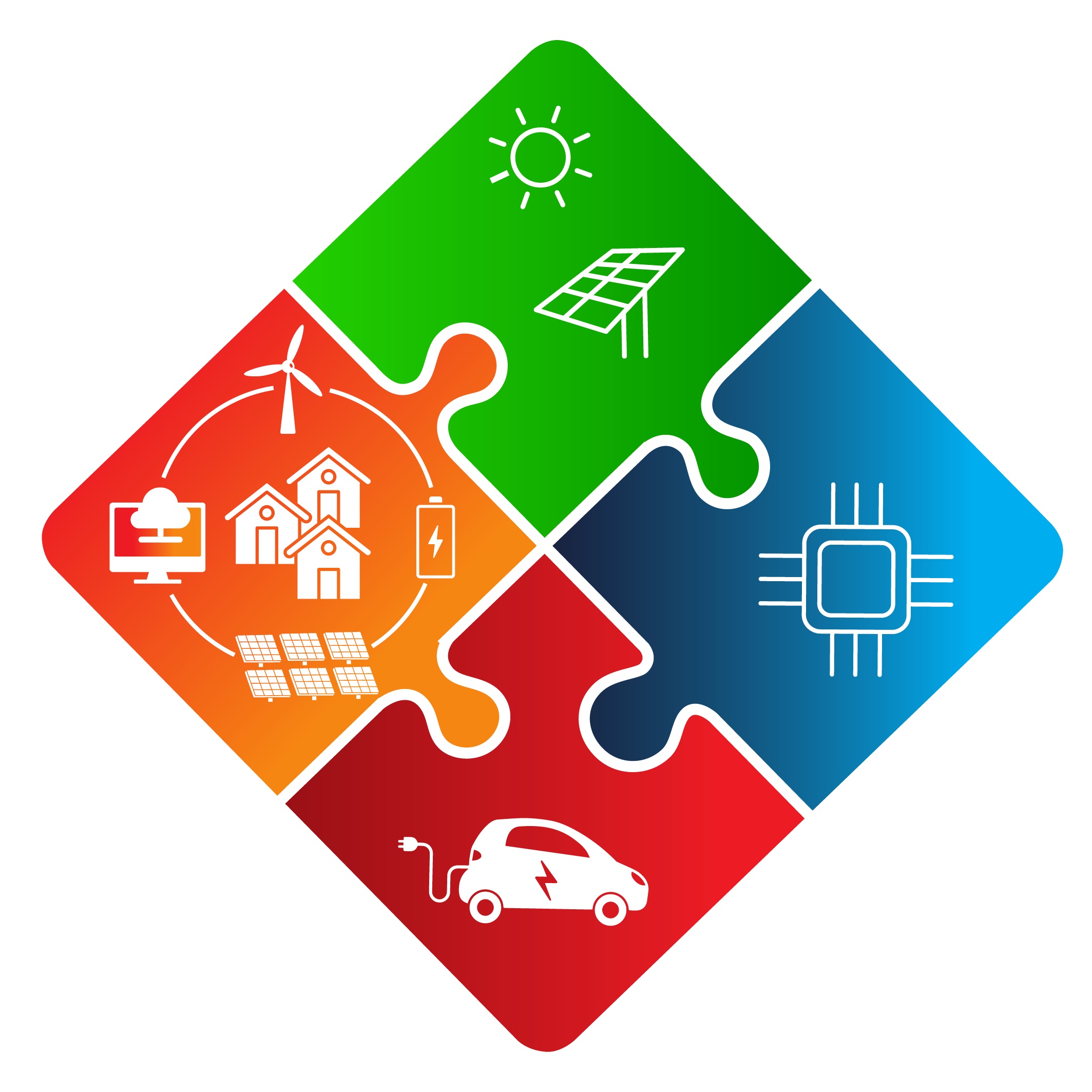 Energy is a major concern for our society today. It is a central and broad field of application that is undergoing rapid transformation with the development of renewable energies, the need for an efficient and reliable production and distribution systems, and the variety of embedded objects and their energy self-sufficiency and security.
Energy is a major concern for our society today. It is a central and broad field of application that is undergoing rapid transformation with the development of renewable energies, the need for an efficient and reliable production and distribution systems, and the variety of embedded objects and their energy self-sufficiency and security.
From a scientific point of view, energy, and electrical energy in particular, brings together multi-disciplinary fields ranging from materials for conversion and storage, transport and management via electronic components towards the management of smart electrical networks at a local or more global scale.
LAAS-CNRS is historically a major French player in these scientific fields with research teams and departments that are experts in the various scientific and technological problems related to the production and management of electrical energy and its related data.
The transversal application axis NRGIES aims to bring together the skills of several disciplines developed within the teams and departments of the LAAS-CNRS to solve multi-physical and multi-disciplinary energy problems with two main components focused either on the technology or on a complete system. Thus, the laboratory wishes to be a major contributor and actor in the energy transition at all stages from design to recycling (reduction of consumption, management of losses, use of bio-sourced materials, LCA, dimensioning, evaluation of lifetimes, etc.). It takes up the challenges with academic partnerships and with the socio-economic world, from components to complex systems such as intelligent electrical microgrids.
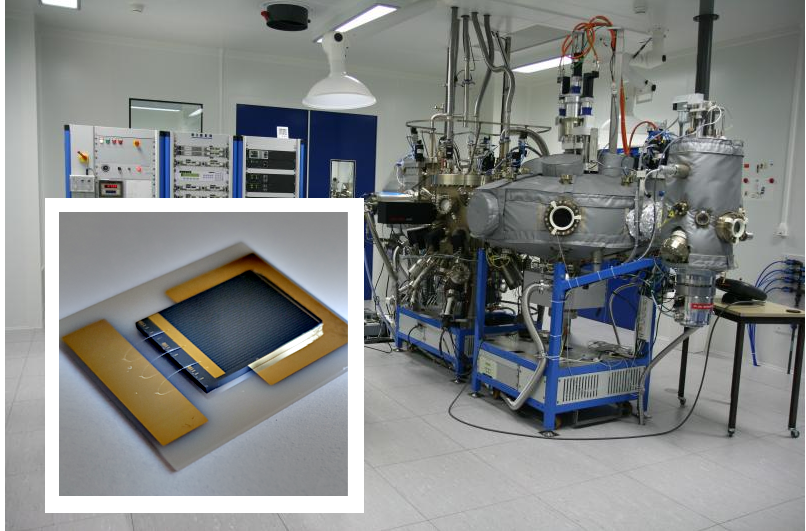
Epitaxy of materials for photovoltaic
The NRGIES axis of LAAS-CNRS is involved in several federations and exchange networks with the vocation of connecting academic research and the industrial world.
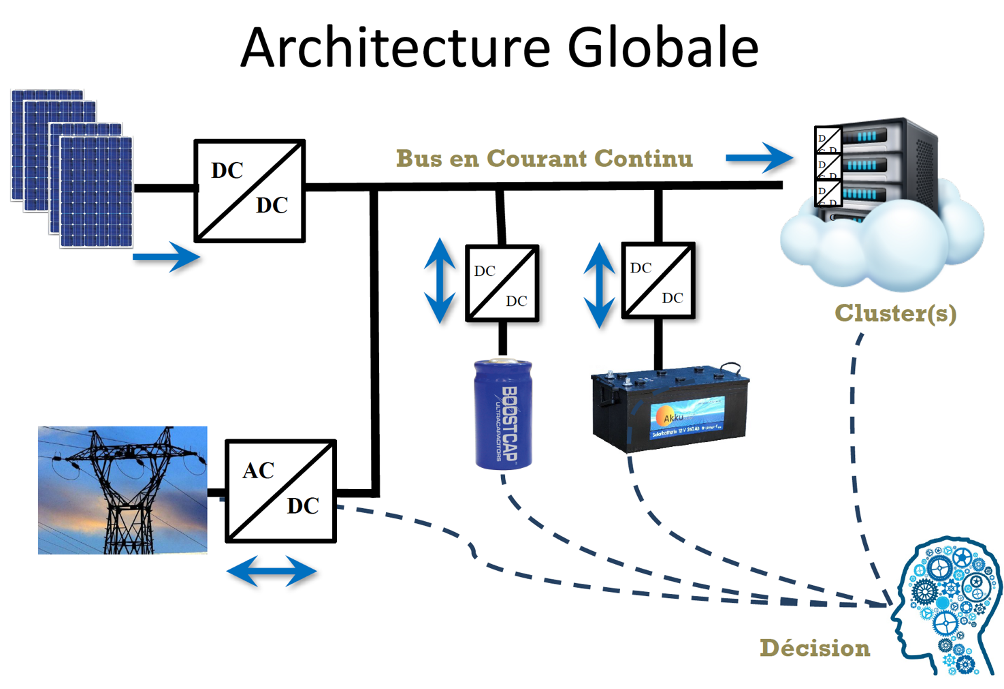
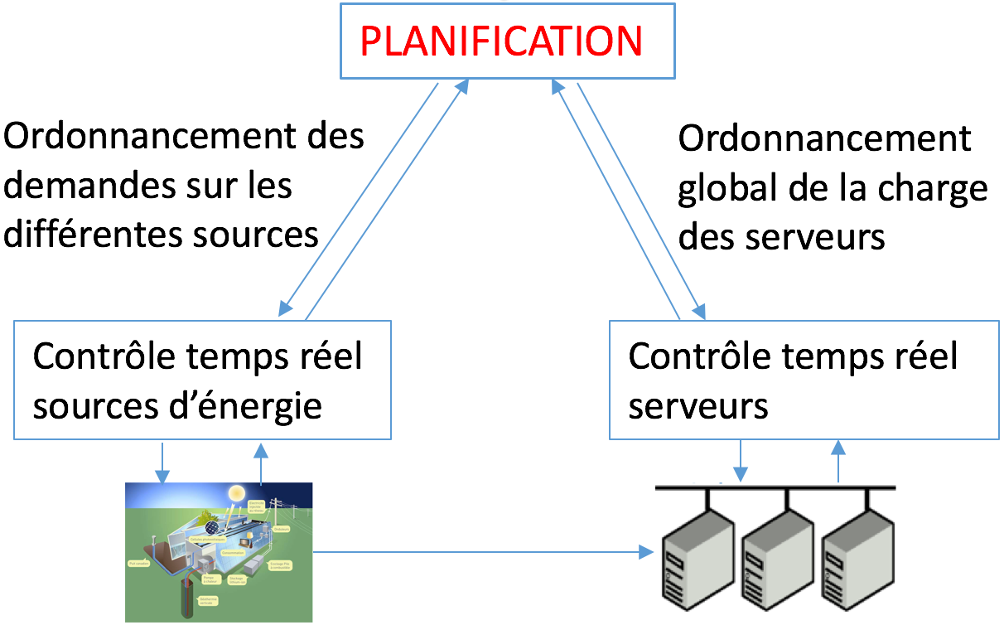
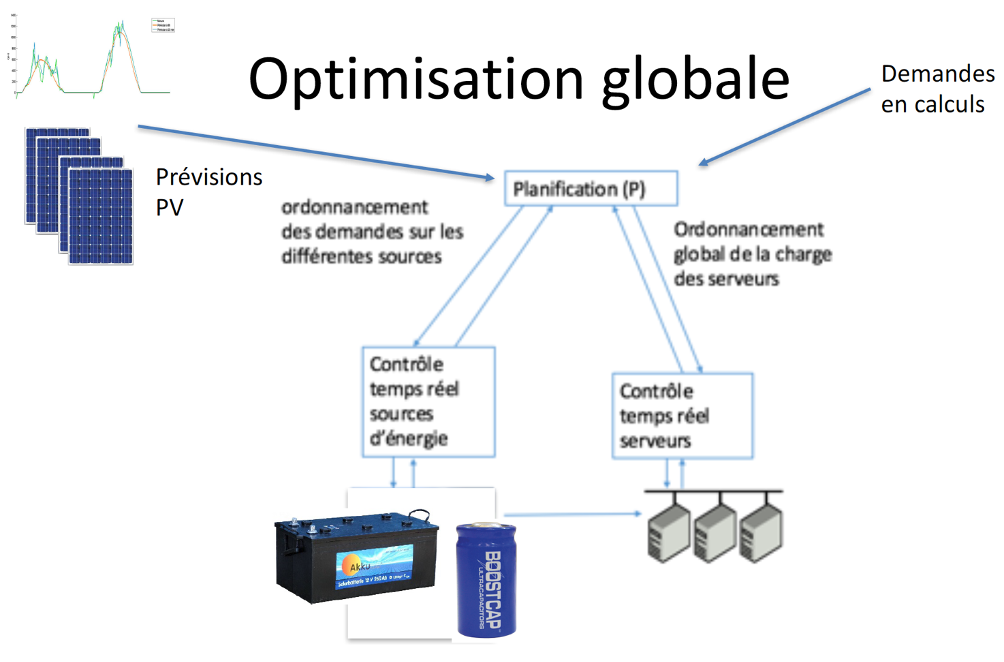
LAAS is involved and active in several groupings:
- LIA nextPV
- FedPV and Fedesol
- GdRs: SEEDS and MACs, NAME
- COST action: OPERA
- ThinkSmart-Grids
- GIS Néocampus
- Industrial partners: CNES, Feedgy Solar, Batconnect, SIREA
- Partnership in projects financed by ADEME, ANR, CNRS
- Key challenges for the Occitanie region: Photovoltaics in non-standard conditions
Keywords:
|
|
